Fungus Threatens Sugarcane, Farmers’ Futures
It’s more than just numbers on a balance sheet; it’s the daily bread of hundreds of hardworking farmers. The sugarcane industry is staring down over fifty million dollars in losses, but for the men and women in the fields, the crisis is deeply personal. A silent threat, fusarium, a soil-borne fungus, is spreading fast, slashing yields and leaving farmers unable to repay loans or prepare for the next crop season. Tonight, we take a closer look at how this growing problem is threatening not just an industry, but livelihoods. Paul Lopez has the story.
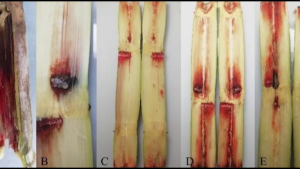 Paul Lopez, Reporting
Paul Lopez, Reporting
The sugar industry in northern Belize is in serious trouble—and now, it’s official. On Friday, Prime Minister John Briceño sounded the alarm, calling the situation an existential crisis. The culprit? Fusarium, a fast-spreading, soil-borne fungus that’s devastating cane fields and slashing yields.
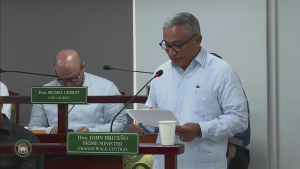
Prime Minister John Briceño
Prime Minister John Briceño
“With a production of eight hundred and eighty thousand tons of cane producing seventy-eight thousand tons of sugar the industry is projected to earn one hundred and ten million dollars, mostly in foreign exchange, representing a significant reduction to fifty-three million from one hundred and fifty-six point five million dollars generated in 2024.”
A decrease in production and yield per ton of sugar means less money in the pockets of farmers. They are the backbone of the industry and now their livelihood is at stake. Chairman of the Corozal Sugar Producers Association, Vladamir Puck says the full extent of the impact has yet to be assessed.
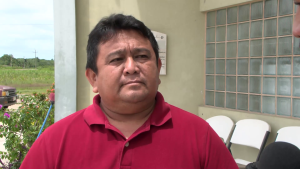
Vladamir Puck
Vladamir Puck, Chairman, CSCPA
“Right now we have some numbers, but I am more that sure that it is more than we expected.”
Paul Lopez
“It is the numbers that we heard the PM and the minister reference of Friday.”
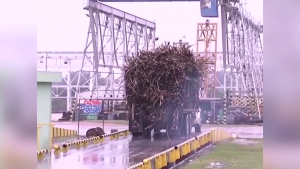 Vladamir Puck
Vladamir Puck
“Those are the numbers we are working with, but as a farmer looking at the fields at the ground level where we are, we know it is a little bit worst.”
It’s a troubling sight for anyone driving along the Phillip Goldson Highway, rows of sugarcane turning yellow, a silent signal that something is very wrong. That yellowing isn’t just a color change, it’s a warning. A fast-spreading, soil-borne fungus has taken hold, and it’s threatening to wipe out entire fields. The Chairman of the Belize Sugarcane Farmers Association, Alfredo Ortega, is sounding the alarm, warning that if urgent action isn’t taken, the industry could be headed for dark and difficult days.
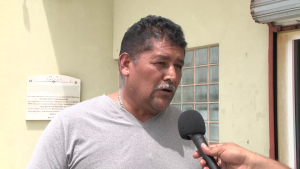
Alfredo Ortega
Alfredo Ortega, Chairman, BSCFA
“If nothing is being done as we speak right now, then you will see a vast majority of farmers going out of production. That is why as leaders we are looking and seeing how we can get assistance so that reduce the amount. As we speak there are many cane field being totally damaged by this pest, especially the fusarium.”
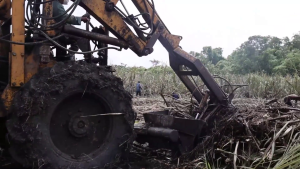 Paul Lopez
Paul Lopez
“Could the sugar industry end up the same as the citrus industry down south?”
Alfredo Ortega
“It can happen, I think for many years we have taken the sugar industry for granted, and we only say time is going by. But now we are experiencing these issues, climate change, the pest, low yields, it is a real combination and we have to takethe bull by the horn and get the assistance we are seeking now.”
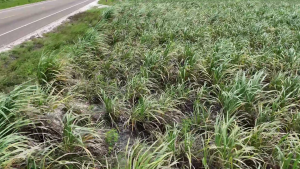 For that assistance, the farmers are turning to the government. Four sugarcane farmers associations met today at the SIRDI Headquarters to formulate a proposal to the Briceño administration. Their immediate concern is that the low yields per ton means less money in the farmer’s pocket. As a result, farmers will have a hard time leveraging their projected production with the commercial banks.
For that assistance, the farmers are turning to the government. Four sugarcane farmers associations met today at the SIRDI Headquarters to formulate a proposal to the Briceño administration. Their immediate concern is that the low yields per ton means less money in the farmer’s pocket. As a result, farmers will have a hard time leveraging their projected production with the commercial banks.
Vladamir Puck
“The cane farmers goes to their banks, as soon as they end their deliveries, during the crop. They request their document form the association and go to their banks to be refinanced. Right now farmers, the one that delivered fifty percent, we would like to know how the banks would treat them.”
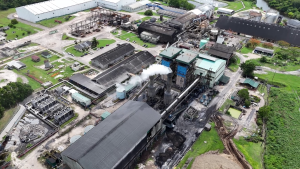 Paul Lopez
Paul Lopez
“Because if they go the bank with those documents then they cant get the amount of money they would get before.”
Vladimir Puck
“That is right, and if they do so how will they service their fields and feed their families.”
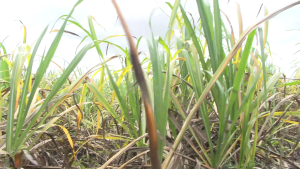 Alfredo Ortega
Alfredo Ortega
“The yields on our field was low, so farmers will be able to clear off the debt they had before. So it will be very difficult for farmers to go back to the bank and refinance what they need to do the necessary husbandry at the field, but they need more to fight the pest that is there.”
The associations are seeking assistance from the Government of Belize to urge commercial banks to offer some relief to farmers in the short term. Reporting for News Five, I am Paul Lopez.




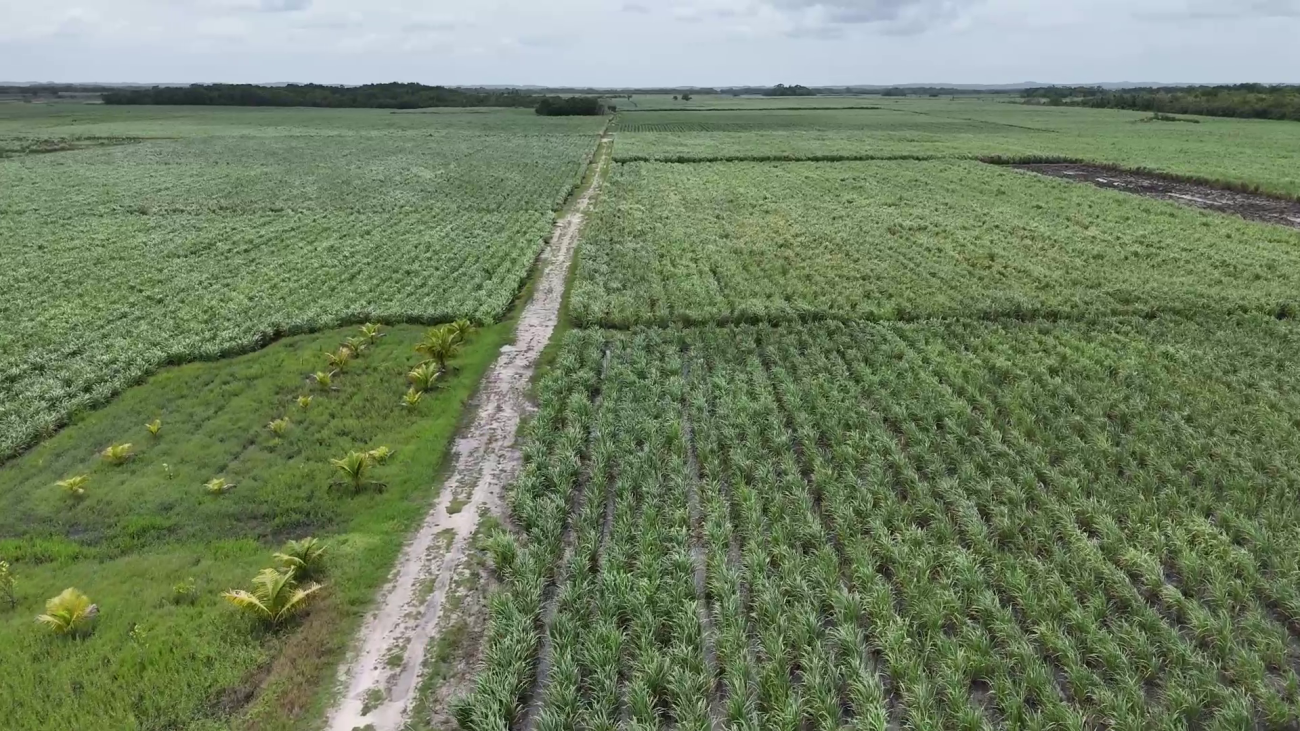

Facebook Comments